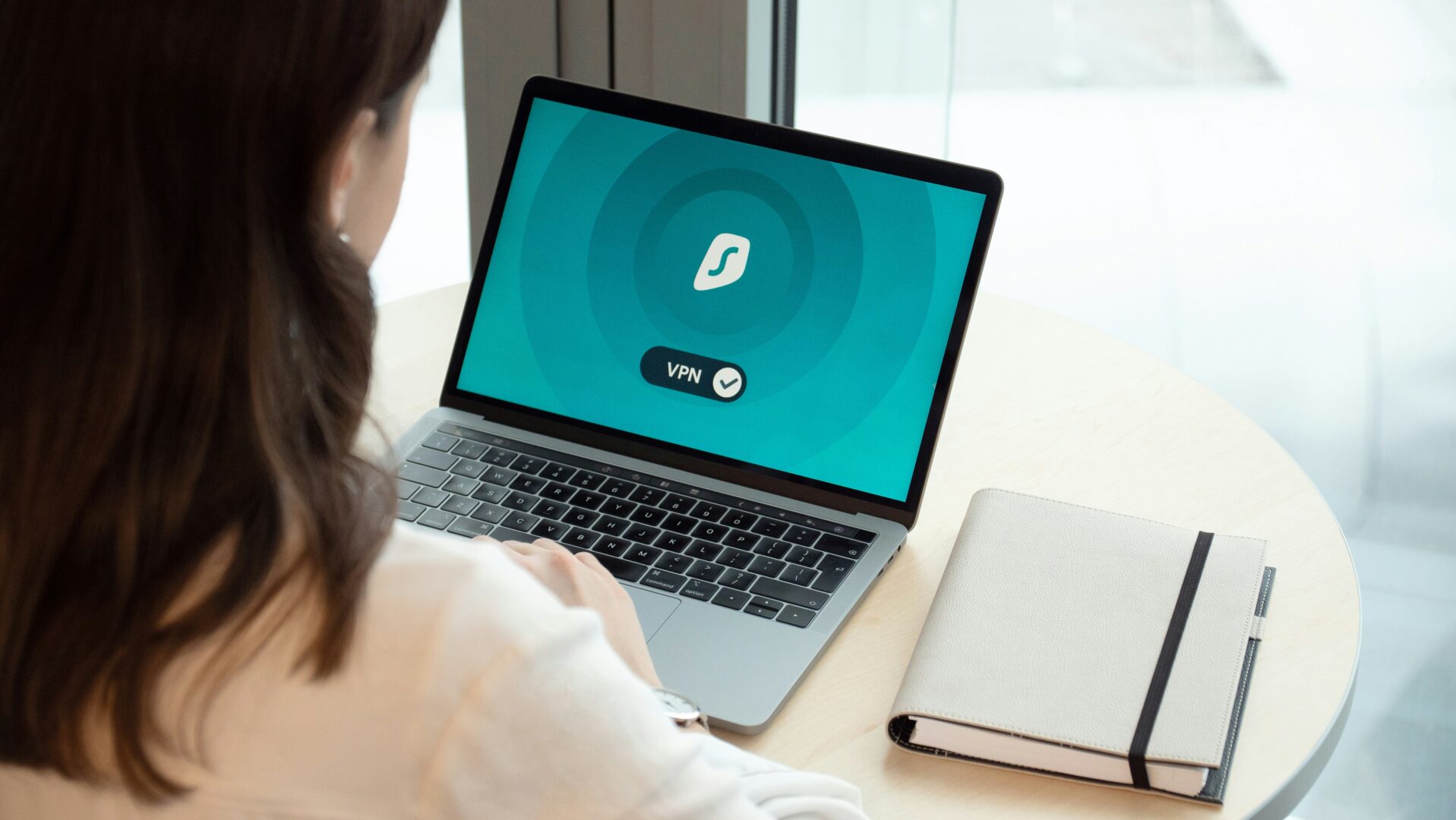Online threats have become increasingly sophisticated, targeting everything from personal data to financial information. As cyber risks grow, users and businesses alike are turning to virtual private networks (VPNs) as a key line of defence. A VPN enhances online security by creating an encrypted tunnel between a device and the internet, shielding sensitive information from hackers, trackers, and other third parties. Whether browsing from a public Wi-Fi hotspot or working remotely, a VPN provides a secure and private digital environment that significantly reduces exposure to online threats.
What Is a VPN?
By establishing a secure, private tunnel between your device and the internet, a virtual private network, or VPN, hides web traffic from outside observers. By hiding your location, this tunnel stops hackers from monitoring your online activity.
VPNs encrypt your data from the time it leaves your device until it gets to its destination using tunnelling technologies. VPNs use private servers to transmit data over pre-existing networks and assign new IP addresses. This procedure improves internet privacy and anonymizes users in addition to protecting your data.
How Secure Is a VPN?
By encrypting internet data, hiding your IP address, and granting privacy, a virtual private network, or VPN, adds a robust layer of protection. It is not infallible, though, and is mostly dependent on the security procedures of the VPN provider. Although a VPN can shield your location and surfing behaviour from ISPs and other parties, it is not impervious to malware, viruses, or phishing scams.
Can I Make My VPN More Secure?
You can greatly improve the security of your VPN. This includes making sure you’re using a reputable VPN service with solid security standards, utilizing strong authentication techniques like multi-factor authentication (MFA), and utilizing a kill switch to stop data breaches in the case that the VPN connection stops. Additionally, in order to address any vulnerabilities, it is imperative that you regularly check and update your VPN settings.
More from VPNs
- How VPNs Integrate with Antivirus Software
- Which Countries Have Banned Using VPNs?
- Can VPNs Truly Guarantee Anonymity Online
- The Do’s And Don’ts Of VPNs
- Can You Get Hacked Through A VPN?
- The Role of VPNs in Cybersecurity: How They Prevent Data Breaches
- How Does a VPN Work With Public Wi-Fi?
- How to Avoid VPN Bans on Streaming Services and Websites
How Does a VPN Improve Online Security?
By encrypting internet traffic, hiding your IP address, and establishing a secure tunnel, a virtual private network (VPN) enhances online security and safeguards your data and privacy even on untrusted networks. Hackers and others will find it more difficult to intercept your data, monitor your online behaviour, or pinpoint your position as a result.
How Does a VPN Safeguard Data?
A VPN establishes safe, encrypted connections between your company’s network and the devices of your employees. VPNs safeguard your data with strong encryption techniques like IPsec or SSL/TLS. To ensure secure corporate communications, each VPN-connected device encrypts and decrypts the data it sends and receives using unique keys.
The encryption protects your company’s data even if it travels over the public internet. Cybercriminals will only see encrypted data, not the real company data, even if they manage to get access to this network.
Compare VPNs With TechRound
| Name | Price | Offer | Claim Deal |
|---|---|---|---|
Surfshark | £1.69 per month | 30-day money-back guarantee + 3 months extra | Get Deal >> |
| CyberGhost | £1.99 per month | 45-day money-back guarantee | Get Deal >> |
| Private Internet Access | £2.19 per month | 30-day money-back guarantee | Get Deal >> |
What Are the Essential Features For VPN Security?
To make sure that your VPN keeps your information safe, you need to look for certain features. Here’s a list of the best features of a robust VPN:
- IP address leak prevention: The primary purpose of a VPN is to conceal your IP address and prevent tracking of your online activities. Nevertheless, certain VPNs may contain vulnerabilities that allow your IP address to be leaked. Always pick a VPN service that guards against IP leaks, and read reviews to be sure the company has a good reputation.
- No information logging: No-log VPNs don’t gather or save information about your browsing history, login credentials, or online activities. Even in the event that someone acquires unauthorized access to the VPN, this is essential for anonymity. Always check how a VPN manages user data and whether it logs anything.
- VPN kill switch: Your data may be exposed if your VPN connection fails and your internet access returns to your original connection. This is avoided by a VPN kill switch, which automatically ends specific applications to stop data leakage in the case that the connection drops.

